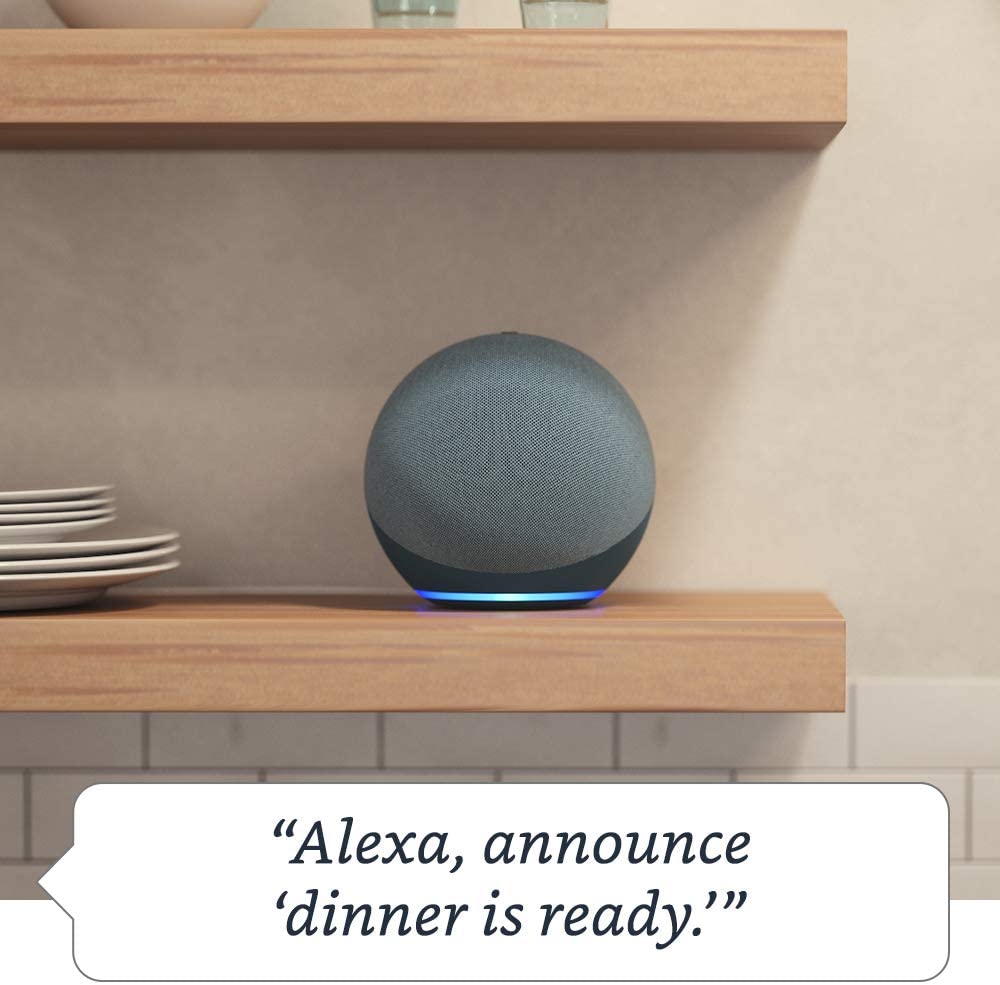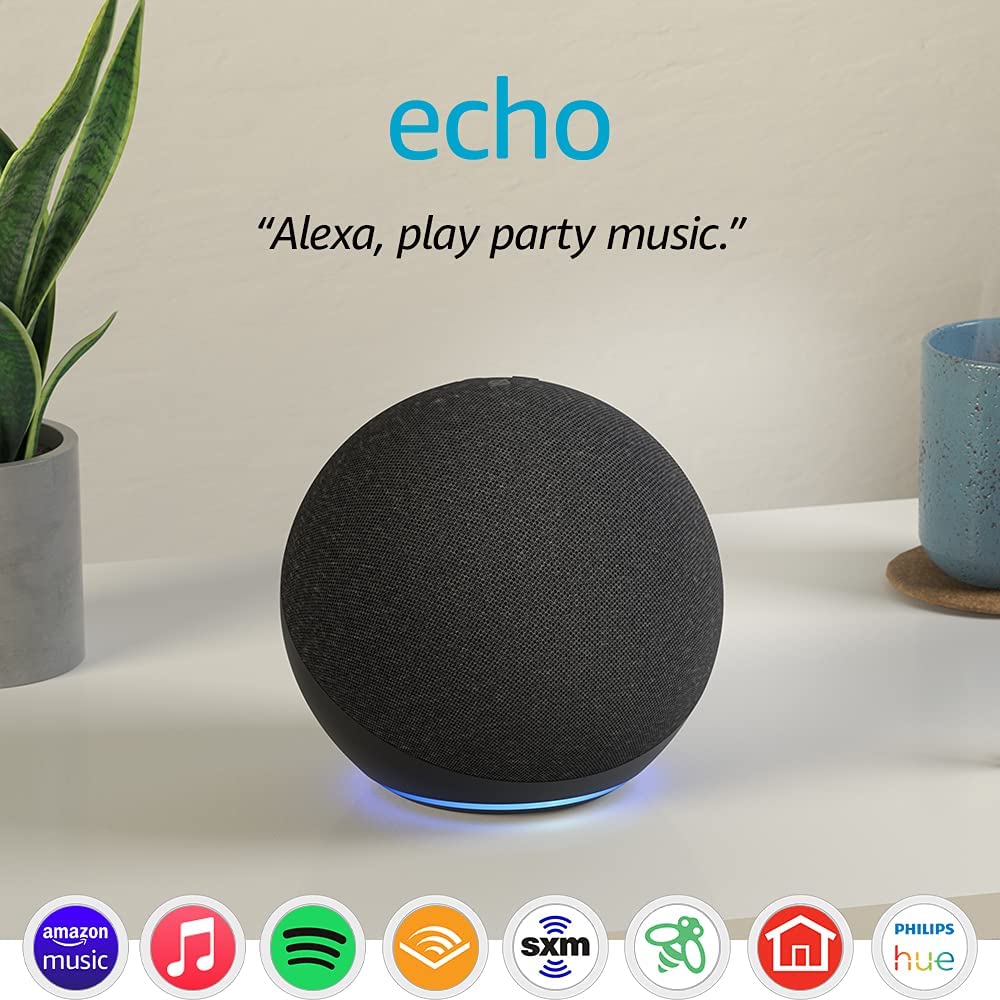Alexa Is Telling Kids To Do Dangerous Things
Amazon's Alexa is in deep water after it was caught telling kids to do potentially fatal things.
This article is more than 2 years old

The Amazon product Alexa delivered a peculiar message to an inquisitive child regarding a viral dare going around on social media. When the 10-year-old child asked Alexa what challenge they should do, the robot responded by suggesting the child touch a penny to a plugged-in charger.
The whole dilemma occurred with Amazon’s Echo device, home to Alexa. The speaker system makes it convenient to play music and answers all your pressing questions. However, the aforementioned incident shows that the Echo’s helpful nature can backfire. Even despite the fact that Alexa did issue a warning after instructing the child on how to perform the social media-inspired dare.
Amazon was quick to respond to this mishap, saying, “as soon as we became aware of this error, we took swift action to fix it.” In order to make sure Alexa would stop initiating life-threatening dares that children may encounter on social media, the Amazon team quickly got to work. After the team implemented their fixes, the robot now no longer responds to asking it for challenges and will instead deliver zero results when prompted with that question.
This is not the first time kids have been in danger from viral dares. In 2018, parents all over the country were concerned with the unsettling Tide Pod challenge that was circulated via social media. Videos started to emerge of young kids ripping up detergent pods, putting the liquid in their mouth, and spitting it back out. No one knows how this trend emerged, but the sheer number of videos led Tide to issue a statement about not consuming the product.
In this day in age, unlimited access to social media can lead to unwarranted results. In October, Google had issues similar to Alexa’s content blunder. Upon searching “had a seizure now what,” a user reported that Google pulled up a snippet of an article describing the wrong ways of helping someone with a seizure. Like Amazon’s quick treatment of Alexa, Google took swift action to correct the issue.

Maintaining the ethical nature of search engines like Alexa and Google is a difficult thing to ensure. Products like Alexa can only work with the words you give them, parsing the internet for those keywords and churning out the most popular articles. It’s easy for an adult to discern what content is potentially harmful, but products like Alexa can obfuscate the facts for kids.
With all the beneficial information the internet has, it can potentially exacerbate problems as well. Another popular trend on social media turned deadly for a 10-year-old Pennsylvania girl after the youngest went into cardiac arrest when attempting to hold her breath until she passed out.
Kristin Livdahl, the parent who reported Alexa’s challenge recommendation, went to Twitter to discuss the topic. She stated that this gave her a chance to “go through internet safety” with her child. Situations like these make it more imperative than ever to ensure that parents have an open line of communication with their children before allowing them to utilize things like internet AIs and engage with social media.
Even though Alexa fixed the problem with the charger challenge, it’s clear that other products and internet tools have similar issues. From the Tide challenge to planking, making sure kids understand the dangers of what’s circulating on social media and the internet, in general, can potentially save lives. Livdahl included that “not trusting things you read without research and verification” was an imperative lesson to relay to her 10-year-old.





